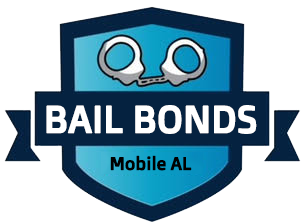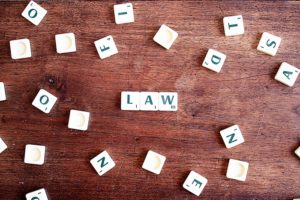
Bond hearings are hearings that take place after an arrest and booking but
only pertains to whether or not a defendant should be able to be released while
awaiting arraignment and if so, how much should the bond be set at to ensure
that the defendant does not have the motivation to flee or violate their bond
conditions. If you or your loved one have never gone through an arrest before,
you may wonder what actually happens in a bond hearing and what to expect. In
order to give clarity on this, here are the main things to know.
Bond hearings are different from trials
When someone thinks about a hearing, they most likely assume that there will be
verdicts and sentencing but bond hearings are different from arraignment. As
said above, the point of a bond hearing is to only assess if a defendant should
be offered a bond and for how much. In a bond hearing, there will be no
decisions or arguments made in regards to any actual charges and thus it is
just the first step in dealing with an arrest which is also why it can happen
so quickly after an arrest, while arraignments can take months to schedule.
Juries are not a part of bond hearings
One of the largest contrasts between really any hearing a trial will be the lack of
a jury. When you go into a bond hearing, you may have family attend since they
are considered public (Though the rule may be different due to COVID
restrictions, so it is best to check first) but the only one who will be making
any type of judgment will be the judge. This is different from a trial where a
jury traditionally makes a verdict and then the judge will do the sentencing
but with a bond hearing, the judge will solely be the one to decide if bond
should be offered.
The judge looks at a lot of things when deciding if bond is appropriate
Since a judge will be the only one to come to a decision about bond for the defendant,
they have to look at many different facets to fairly decide if it is
appropriate to offer the defendant bond and how high the cost should be.
The judge will predominantly take into account things like pasts criminal record,
the severity of the current charges and whether or not it is safe for not only
others but themselves to be out with the general public. Another factor that is
important is if the defendant already has a lot of money and resources because
it makes them considered a high flight risk. This won’t pertain to most but in
some cases, it could blow up the bond cost into the millions or could end up with the defendant
being denied bail altogether.
In the end, a bond hearing is nothing to be afraid of, and a judge takes
into account a lot of factors to ensure that any bond cost is considered fair
in relation to the defendants past as well as their current charges and
resources.



